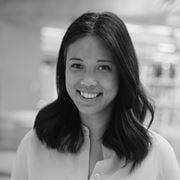 Trish Sunga
Australasia Press Office,Sydney
Trish Sunga
Australasia Press Office,Sydney
More than 453,000 people are blind or vision impaired in Australia, according to research by the Centre for Eye Research Australia and Vision 2020 Australia. Vision Australia has forecast that by 2030 there will be 564,000 people with low vision or blindness.
The importance of inclusive transport systems, buildings, public spaces and digital connectivity will increase as more people will be living with vision impairment.
To better understand the implications of blindness for urban design, 18 Arup consultants stepped into darkness at Dialogue in the Dark™, a simulated journey through blacked-out Melbourne, to discover what it’s like to rely on senses other than sight to navigate the city.






